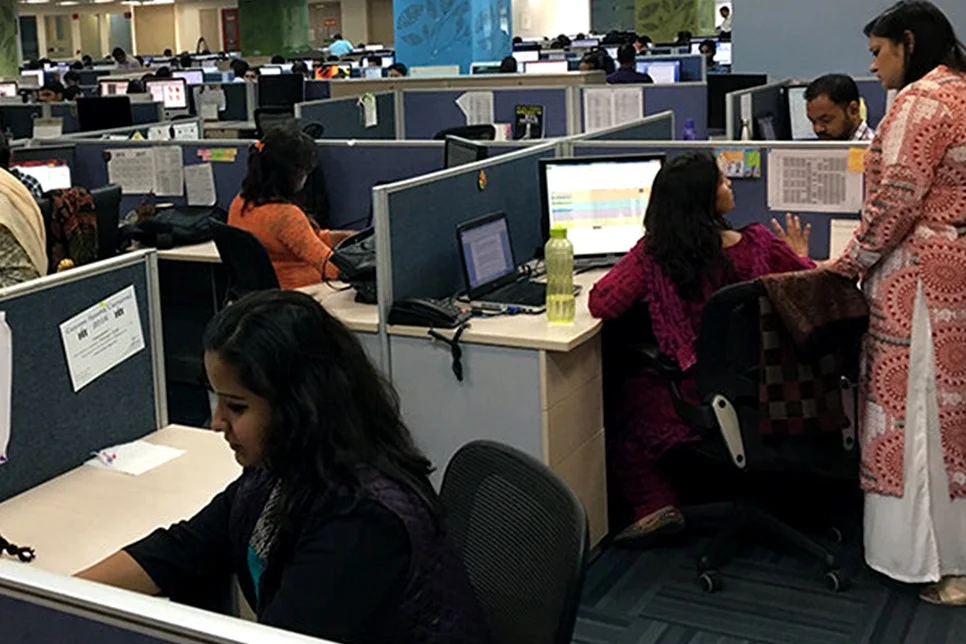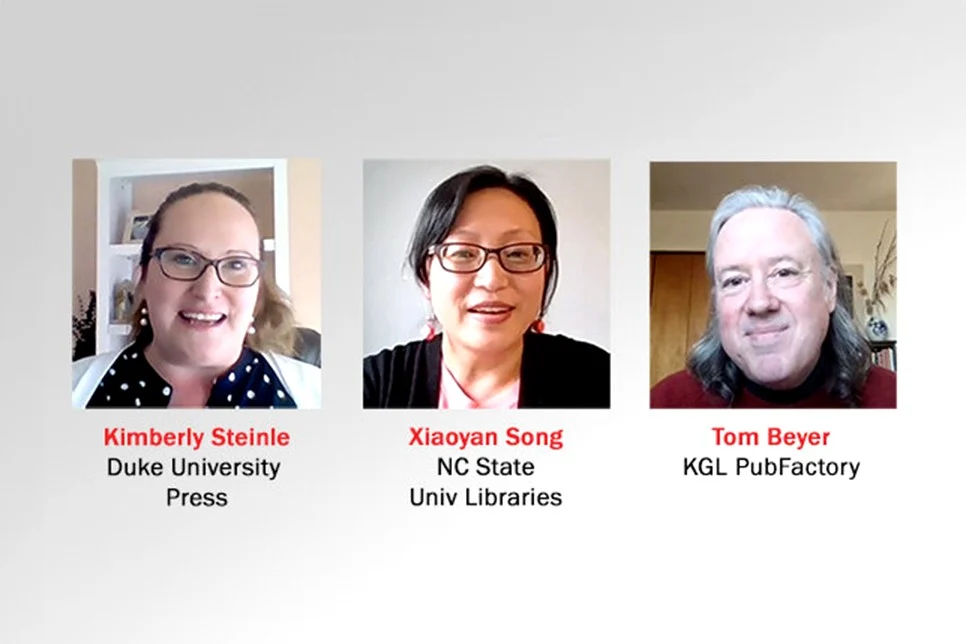A KGL Editorial client requested assistance with initiatives to raise the journal’s profile and to elevate its Impact Factor.
A large, member-based society with multiple journals planned a transition from one manuscript management system to another.
In an article we published on this blog back in 2017, we highlighted some of the challenges, complexities and benefits associated with making digital educational content (K-12 and Higher Ed) more accessible for visually and cognitively impaired readers.
The worldwide publishing industry today would not function without the experience, support and technical skills of vast content services operations in India. Publishers, in the Global North especially, rely on the production and technology expertise of an entire support industry in one of the world’s largest emerging markets.
Since the beginning of 2021, many analysts have been grappling with what our “post-pandemic” society might look like and what the key trends might be that shape our world once a certain degree of so-called normality resumes.
Holy Trinity Publications is the publishing division of Holy Trinity Monastery in Jordanville, New York.
The past year has been eventful—to say the least—in the world of scientific research and academic publishing. Near constant crises, from the global pandemic to revelations about climate change to a turbulent presidential election all touched our daily lives and became the subjects of influential, fast-tracked journal articles.
Much has been written in the past year about the phenomenon of fake news and falsified research infiltrating the mainstream and muddying important issues from vaccine effectiveness to voting irregularities to basic trust in science—including advice from the Washington Post just this week.
The publishing platform business is constantly evolving, with home-grown technologies and commercial solutions continuously developing new capabilities to better serve authors and researchers.









